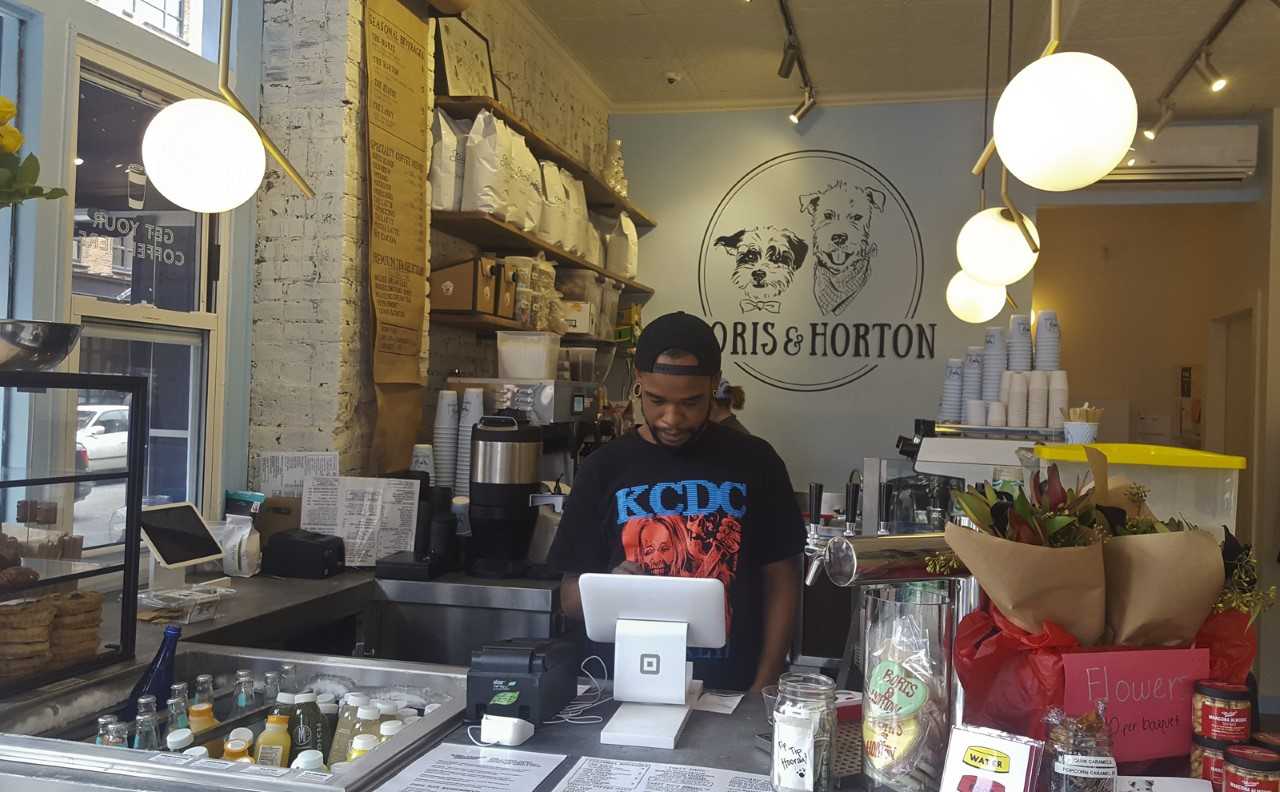Some CCNY students have been victimized Miguel Medina
Hate crimes have been in the news. At Oberlin College in Ohio someone in a KKK-style hood and robe was spotted near the school’s African Heritage House on the campus. Two students are being investigated for possible involvement in the graffiti of the defacement of Black History Month posters with the N-word, a “whites only” sign written above a water fountain. And Greek soccer player Giorgos Katidis was suspended for using the Nazi salute.
Unfortunately, hate crime and hate speech remains common. According to FBI’s hate crime statistics, 6,222 hate crime incidents involving 7,254 offenses occurred in 2011. These crimes included offenses like vandalism, intimidation, assault, rape, murder, etc. Of the 6,222 reported hate crimes, 6,216 were single-bias incidents—46.9 percent were racially motivated, 20.8 percent resulted from sexual orientation bias, 19.8 percent were motivated by religious bias, 11.6 stemmed from ethnicity/national origin bias, and 0.9 percent were prompted by disability bias. In August 2012, a Detroit man pled guilty to a federal hate crime charge, admitting he assaulted a victim because he thought the man was gay.
Some CCNY students say they’ve been victimized. Sanah Jamal, a 23-year old City College student who is Muslim, tells the story of being harassed. “I used to go to BMCC before I transferred here and it’s right by the World Trade Center and I was walking by from another building that’s part of the BMCC campus,” says Jamal. “Some guy was walking his dog and he started screaming at me, telling me that I had no right to be near the area that I don’t deserve to be there,” she explained.
“He was saying that it’s all my fault about what happened, happened,” she continued. “I tried to ignore him at first, but then he wanted to let his dog loose on me and I started to freak out a little bit.”
Though she was afraid, Jamal says she fought back. “I just told him to get educated and he just kept going off on me. He kept yelling at me. I eventually crossed the street but nobody really did anything, nobody really said anything,” she said. “I feel like even he let his dogs out on me, nobody would’ve done anything which is the scariest thing part about it. But thank god he stopped and crossed the street, and I just walked a lot faster so I wouldn’t be a victim of a dog attack”.
Jamal suggests that people need to stop judging a person by their race or color. “I think people need to stop being so ignorant that’s one,” she sums up. “People should be educated on different cultures and different people because it’s 2013, like people need to know what’s going on in the world. They need to stop targeting race groups and minorities.”



